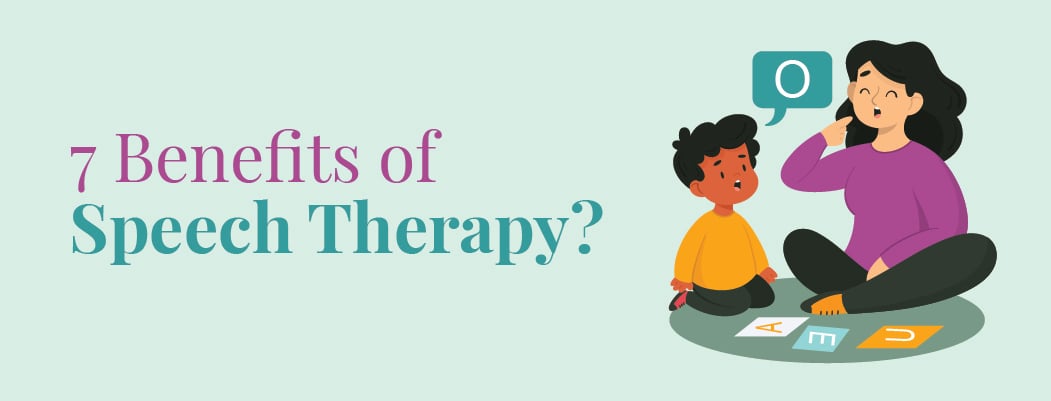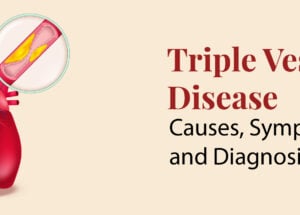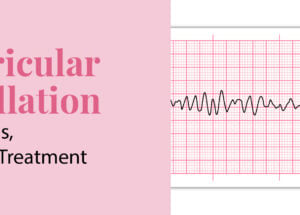What is Speech Therapy? Purpose, Benefits, and Who Needs It
February 27, 2025

Speech therapy, also known as speech-language pathology, is a specialized field that focuses on helping individuals with communication and swallowing difficulties. It involves evaluating, diagnosing, and treating various speech and language disorders. Speech therapists work with people of all ages, from infants to the elderly, to improve their communication abilities and overall quality of life.
What is Speech Therapy?
Speech therapy is a form of therapy that aims to help people who struggle with communication and swallowing difficulties. Speech therapists, also known as speech-language pathologists (SLPs), work with individuals of all ages with speech or language disorders, cognitive-communication disorders, voice disorders, and swallowing disorders. Some people require assistance with speech and communication, while others need support in processing and understanding language. This therapy can help individuals in the following aspects.
- Early language development, particularly in children learning to communicate.
- Voice control for improved speech production.
- Language comprehension ensures a better understanding of words and communication.
- Fluency, allowing for smoother and more comfortable speech.
- Clarity and expression make it easier to convey thoughts and emotions effectively.
What Does a Speech Therapist Do?
Speech therapists help people improve their communication and swallowing abilities through various techniques, exercises, and activities designed to target specific areas of difficulty. Their primary job is to evaluate and diagnose speech and language disorders and then create a personalized treatment plan to address these issues.
Who Needs Speech Therapy?
Speech therapy is recommended for anyone experiencing communication or swallowing difficulties. This can include individuals with developmental delays, language disorders, cognitive impairments, speech disorders, voice disorders, or swallowing disorders. Speech therapy is also recommended for individuals who have experienced a stroke, traumatic brain injury, or other neurological disorders that have affected their ability to communicate or swallow.
How Do I Know if Speech Therapy is Necessary?
If you or a loved one is experiencing difficulties with communication or swallowing, seeking an evaluation from a speech therapist is recommended. Some signs that may indicate a need for speech therapy include:
- Difficulty speaking clearly or being understood
- Delayed language development in young children
- Difficulty understanding others
- Struggles with reading or writing
- Stuttering or other speech disorders
- Voice disorders
- Swallowing difficulties
What Happens During Speech Therapy?
The specific treatment plan for speech therapy will vary depending on the individual’s needs and goals. Generally, speech therapy sessions may include activities such as:
- Exercises to strengthen the muscles used for speech and swallowing
- Practice with specific speech sounds or words
- Activities to improve communication skills, such as conversation practice or role-playing
- Techniques to improve voice quality or reduce stuttering
- Strategies to improve reading or writing skills
What are Some Speech Therapy Techniques?
There are many different speech therapy techniques that may be used depending on the individual’s needs. Some common techniques include:
- Articulation Therapy to improve speech sounds
- Language Intervention to improve language skills
- Fluency Therapy to reduce stuttering
- Voice Therapy to improve voice quality
- Cognitive Communication Therapy to improve memory, problem-solving, and other cognitive skills
- Oral Motor Therapy to strengthen muscles involved in speech and swallowing.
- Augmentative and Alternative Communication (AAC) Therapy uses communication aids like picture boards or speech-generating devices for easy understanding.
- Swallowing Therapy (Dysphagia Therapy) helps to improve swallowing function and reduce choking risks.
What are Some Speech Therapy Techniques I Can Try at Home?
While working with a trained speech therapist for more complex communication disorders is important, some speech therapy techniques can be practiced at home.
- Reading aloud to improve speech fluency and articulation
- Practice deep breathing to improve speech control and fluency
- Practicing tongue twisters to improve articulation
- Using a mirror to monitor facial movements during speech
- Listening to recorded speech helps identify areas for improvement
- Singing can help with speech rhythm, fluency, and voice control
- Blowing bubbles, sucking through a straw, or moving the tongue strengthens speech muscles
- Playing word games to improve vocabulary and language skills
- Practicing relaxation techniques to reduce tension while speaking
What are the Advantages of Speech Therapy?
Speech therapy can have a range of benefits for individuals with communication or swallowing difficulties. Some of these advantages may include:
- Improved communication abilities, including speech sounds, language skills, and social communication
- Increased confidence in social situations
- Improved swallowing abilities and reduced risk of aspiration pneumonia
- Better academic and vocational success due to improved communication abilities
- Improved quality of life for individuals and their families
When to Seek Speech Therapy and Who Can Help?
If you or a loved one is experiencing difficulties with communication or swallowing, it is recommended that you seek an evaluation from a speech therapist. This may be done through a physician’s referral or by directly contacting a speech therapy clinic. The speech therapist will evaluate the individual’s needs and create a personalized treatment plan.
The Importance of Speech Therapy in Daily Life
Speech therapy is a specialized field that aims to help individuals with communication and swallowing difficulties. Speech therapists work with individuals of all ages who have speech or language disorders, cognitive-communication disorders, voice disorders, and swallowing disorders. Speech therapy can benefit individuals with communication or swallowing difficulties, including improved communication abilities, increased confidence in social situations, improved swallowing abilities, better academic and vocational success, and improved quality of life for individuals and their families.
Frequently Asked Questions
1. What age is best for speech therapy?
Speech therapy is beneficial at any age, but early intervention (0-5 years) is ideal for speech and language development. However, children, teens, and adults can also benefit based on their specific communication needs.
2. What is done in speech therapy?
The main role of speech therapy is to help individuals with communication or swallowing difficulties improve their abilities and overall quality of life. This may involve evaluating, diagnosing, and treating various speech and language disorders, cognitive-communication disorders, voice disorders, and swallowing disorders.
3. What is the main role of speech therapy?
Speech therapy can benefit individuals of all ages, from infants to the elderly. If communication or swallowing difficulties are suspected, it is recommended that you seek an evaluation from a speech therapist as soon as possible. Early intervention can lead to better outcomes.






